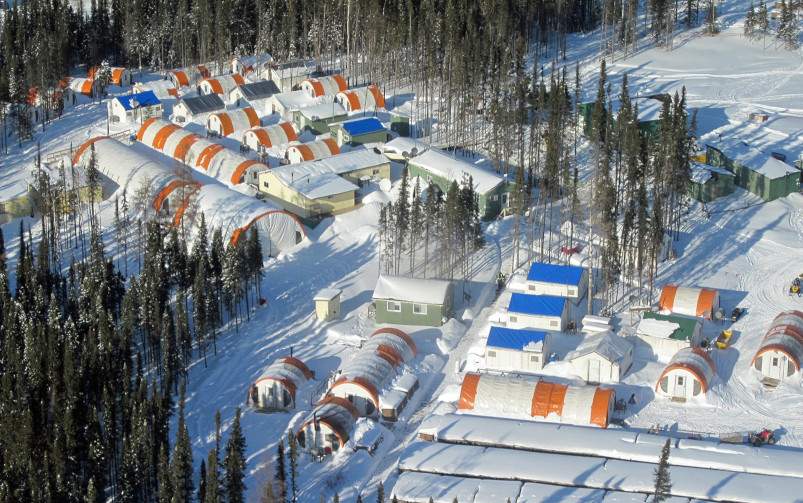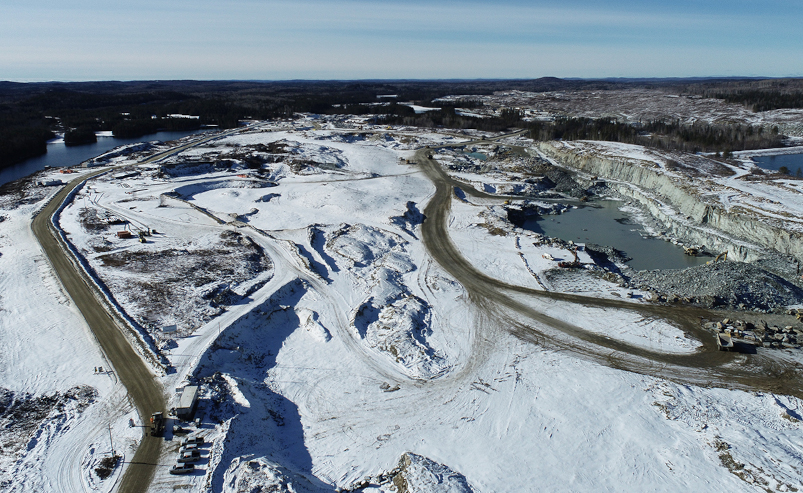Editor's note: The original piece stated that the Kirazli project was located in the Kazdağları mountain range, but it is located within the Biga Mountains. It also stated that the Hurriyet Daily News reported that were still present in the immediate area of the project. The Hurriyet Daily News story actually stated that environmental groups founded a camp nearby, but does not specify how close. We apologize for these errors.
Canadian mining company Alamos Gold Inc. announced in a press release on April 20 that two of its Netherlands-based subsidiaries would be seeking US$1 billion from the Republic of Turkey through an investment treaty claim.
The claim pertains to Alamos’s Kirazli project located on Turkey’s Biga mountain range that was placed on hold in October 2019 when Turkey failed to renew the company’s mining license. The initial delay came amidst significant public backlash to the project. Approximately 5000 people joined protests against the project in August 2020, with activists and opposition party lawmakers claimed that Kirazli would have a number of negative environmental consequences, including the potential contamination of the soil and water of a nearby water reservoir with cyanide, as well as deforestation on a scale potentially threatening to wildlife and ecosystems.
Alamos has pushed back strongly against these and other claims from activists, emphasizing in an online pamphlet that “cyanide is only used in the processing stage to separate gold from the extracted ore” and that it has committed to the reforestation of the 354 hectares to be cleared. Despite this, and what it claims are attempts to work cooperatively with the Turkish government to build public support, the project has remained grounded, with Turkey also refusing to renew Alamos’s forestry license in October 2020. The company goes on to note that it has “invested over US$250 million in Turkey, unlocked over a billion dollars worth of project value, and contributed over US$20 million in royalties, taxes and forestry fees to the Turkish government.” The US$1 billion figure, it claims, represents the value of their Turkish assets.
Related: Canada adds new chemical to mine effluent regulations, increases stringency of limits on others
“[Alamos] has worked in Turkey to the highest standard of conduct with respect to social and environmental best practices,” Alamos president and CEO John A. McCluskey said. “Despite this effort, the Turkish government has given us no indication that relief is in sight, nor will they engage with us in an effort to renew the outstanding licences. We are hopeful that the arbitration process will bring about the engagement that we have sought from the Turkish state, and lead to an equitable resolution to this impasse.”



